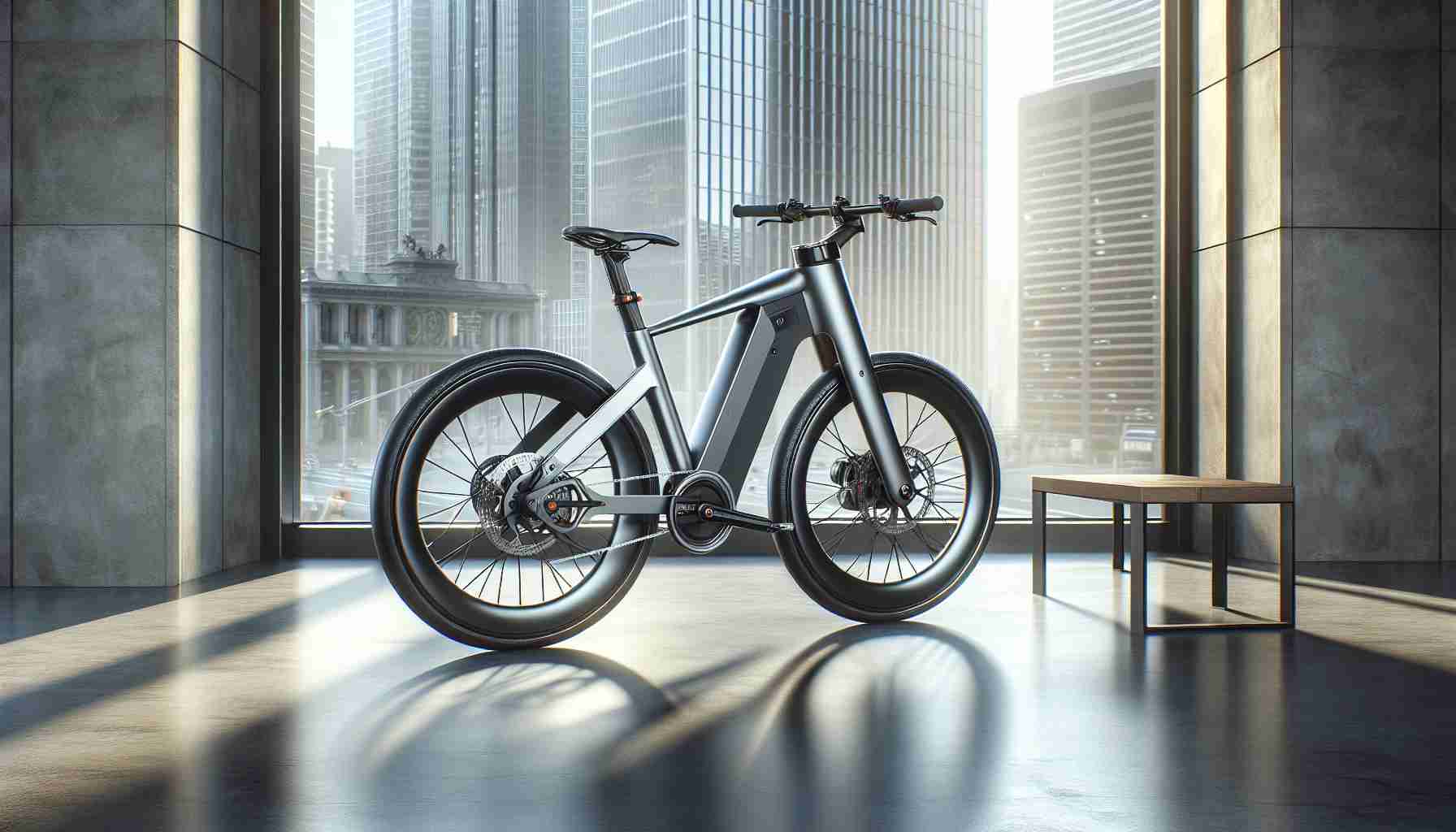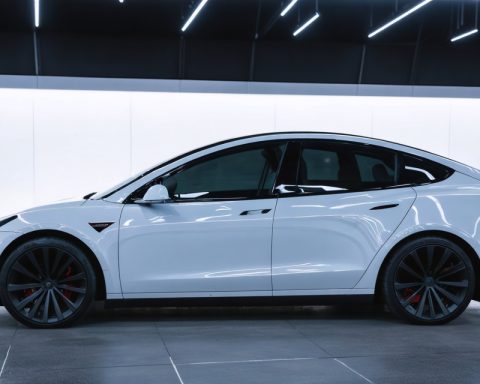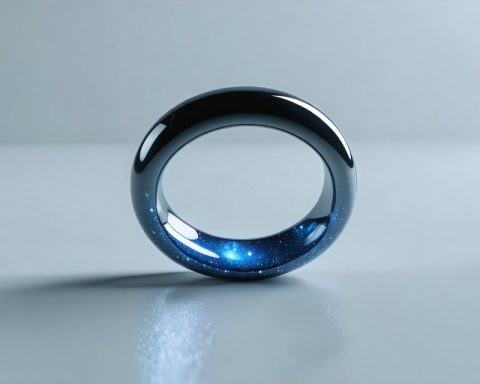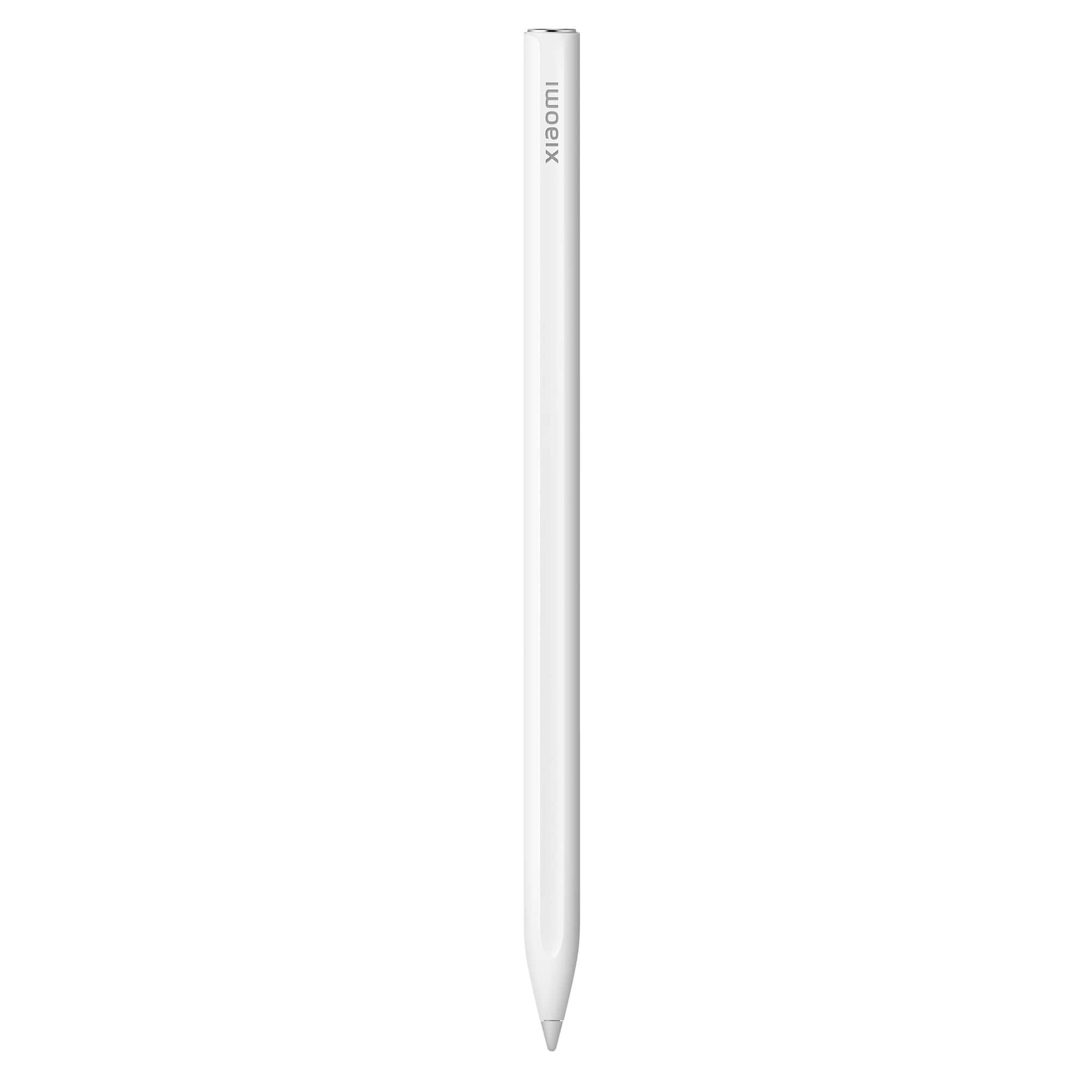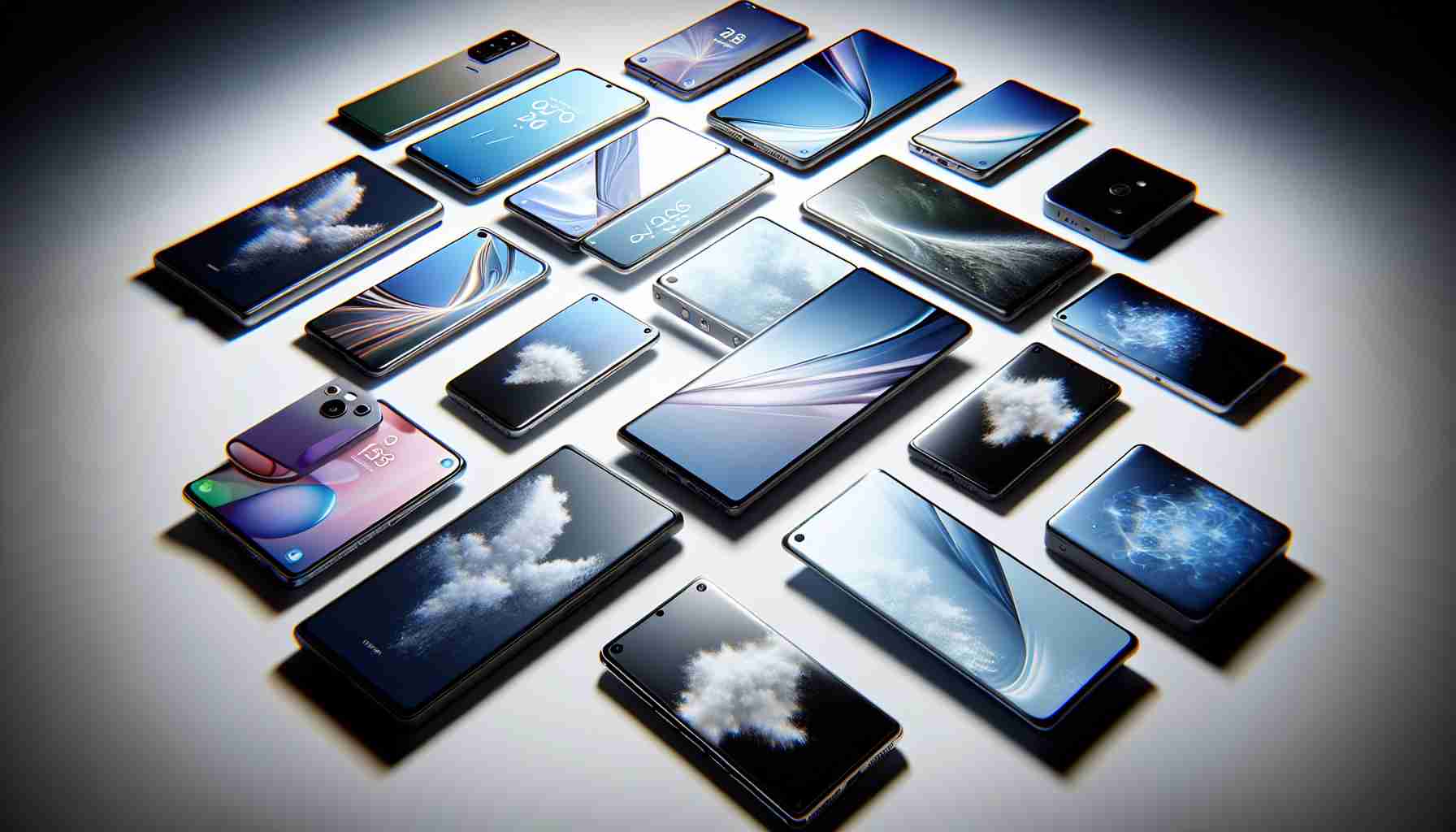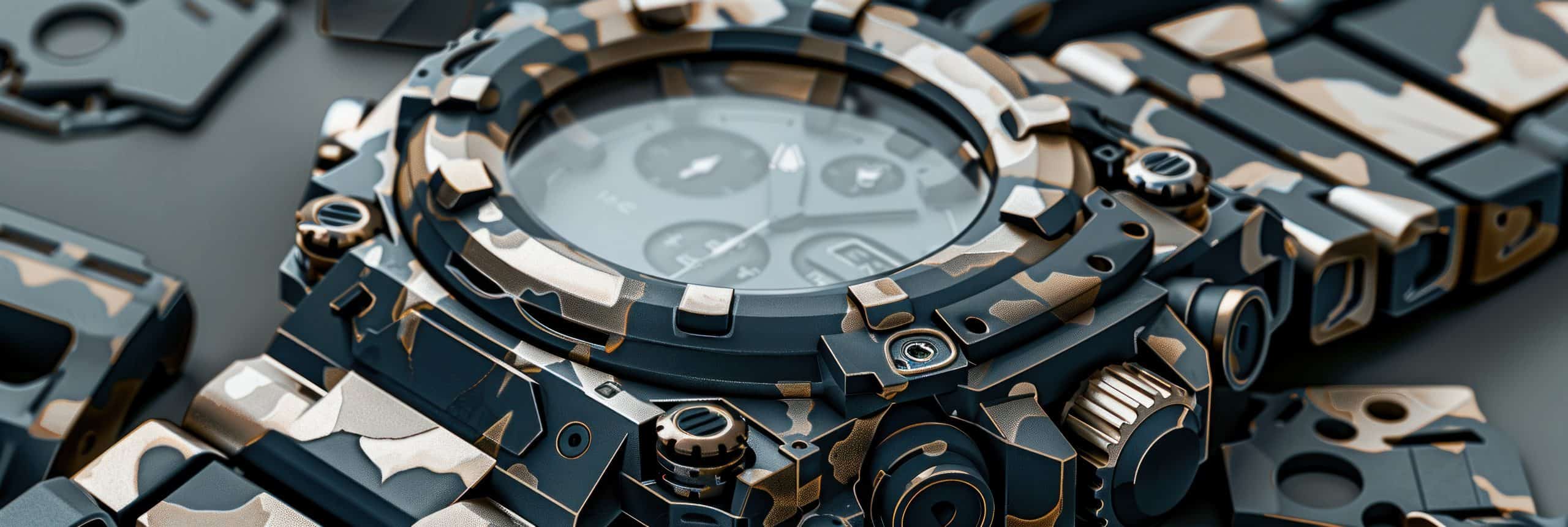ADO E-Bike, johtava e-pyöräbrändi, juhlistaa kolmatta vuosipäiväänsä heijastamalla merkittävää matkaansa muutoksen ja saavutusten tiellä. Sen vaatimattomista alkutaipaleista sopimusvalmistajana ADO on noussut itsenäisen tutkimuksen ja kehityksen edelläkävijäksi, osoittaen tinkimätöntä sitoutumistaan laatuun, innovaatioon ja kestävyyteen.
Yksi ADO:n matkalla tapahtuneista merkkipaaluista oli toukokuussa 2022, kun ADO Laboratory sai ensimmäisenä alallaan SGS QTL -sertifioinnin. Tämä arvostettu tunnustus vahvisti paitsi ADO:n aseman tuotteiden laadun johtajana, myös osoitti sen sitoutumisen kestävään kehitykseen läpimurtoa tekevän alhaisen hiilidioksidimatkailustrategisen yhteistyösopimuksen avulla SGS:n kanssa.
ADO:n ydinfilosofian ”keveys” ilmentäen ADO:n Air-sarja on määrittänyt uudelleen kaupunkiliikkuvuuden. Näiden polkupyörien, jotka tunnetaan fyysisestä, kokemuksellisesta ja emotionaalisesta keveydestään, on suunniteltu kehittämään käyttäjäkokemusta. Korkeatehoisista, kevyistä materiaaleista valmistetut ja tyylikkäillä muotoiluilla varustetut ADO Air -sarjan pyörät tarjoavat helpon liikuteltavuuden ja lisäävät eleganssia kaupunkimaisemiin. Intuitiivinen käsiteltävyys ja kevyt ajettavuus tarjoavat iloisen kokemuksen kaiken tasoisille pyöräilijöille, edistäen vapauden ja rentoutumisen tunnetta.
Innovaation tavoittelunsa myötä ADO lanseerasi äskettäin Air 28 -mallin ja päivitti Air 20 Pro – ja Air 28 Pro -mallit sisäänrakennetuilla vaihteistoilla yhteistyössä Bafangin kanssa. Nämä teknologiset edistysaskeleet ovat vahvistaneet ADO:n markkina-asemaa ja vakiinnuttaneet sen aseman alan eturintamassa. Lisäksi ADO:n lippulaivamalli, Air Carbon, on mullistanut taittopyöräteknologian, osoittaen merkin sitoutumisen rajojen ylittämiseen ja alan innovaatioon.
Levitessään globaalisti ADO on onnistuneesti perustanut tytäryhtiöt Saksassa ja Vietnamissa, tuoden ainutlaatuiset e-pyöränsä näille paikallisille markkinoille. ADO on syventänyt yhteyttään paikallisiin kuluttajiin erilaisten toimintojen, kuten ajoaktiviteettien järjestämisen ja näyttelyihin osallistumisen, myötä. Vuonna 2024 ADO laajensi kansainvälistä läsnäoloaan avaamalla uudet tytäryhtiöt Japaniin ja Düsseldorf, Saksaan. Nämä strategiset paikat toimivat ylläpitorakenteina ja tuote-esittelykeskuksina tarjoten hiotun ja personoidun paikallisen palvelun eurooppalaisille asiakkaille.
ADO:n iskulause ”Life Forward” kiteyttää yrityksen vision tulevaisuudesta. Meticulously crafted e-bikes -mottoaan noudattaen ADO pyrkii parantamaan elämänlaatua ja tarjoamaan vapauden tunteen pyöräilijöille. ADO E-Bike -sovellus rikastuttaa kokemusta tarjoamalla reaaliaikaista tukea ja nopeaa asiakaskyselyiden ratkaisua.
ADO juhlistaessaan kolmatta vuosipäiväänsä, merkki pysyy omistautuneena innovaatiolle, asiakastyytyväisyydelle ja kestävälle kasvulle. ADO:n matka on kaukana ohi, koska se jatkaa uusien mahdollisuuksien luomista ja inspiroi pyöräilijöitä omaksumaan ”keveyden” vapauttavan hengen kaikilla elämän osa-alueilla.
Lisätietoja ADO E-Bike -tuotteista ja aloitteista löydät viralliselta verkkosivustoltaan: ADO E-Bike.
